Premium Only Content
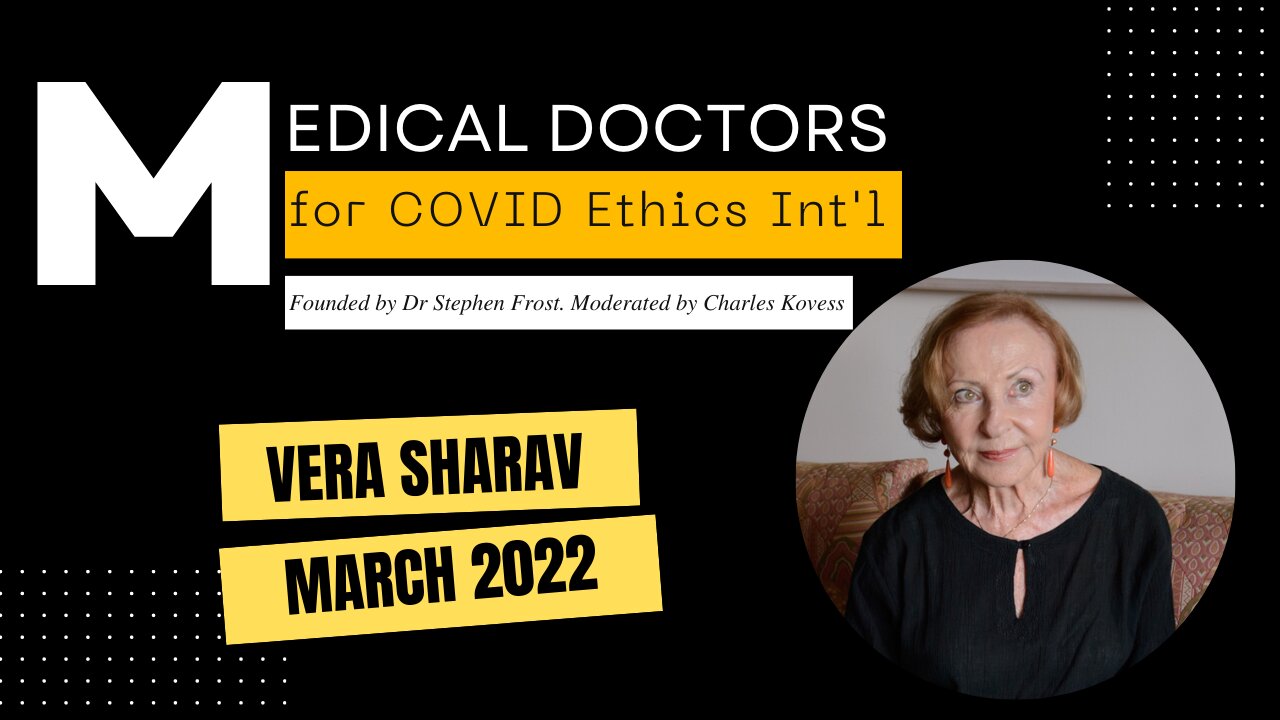
Vera Sharav presentation
Vera Sharav, a medical activist, is the founder of the Alliance for Human Research Protection, and an activist against some practices of the biomedical industry, particularly in matters of patient consent and children.
Vera Sharav, who survived the Nazi Holocaust as a child (her father did not), presented to Doctors for Covid Ethics on 27 March 2022 on the topics of what history can teach us about dangerous medico-political alliances and human medical experimentation.
Vera Sharav, from an interview with Children's Health Defense:
"I was a small child, three and a half years old when our family was chased out of our home in Romania, and we were herded into a concentration camp.
My father soon died of typhus, and my mother and I were left in a camp that was not a death camp. There were many other kinds of camps, essentially where people were left to starve, but with always the fear of being sent to one of the death camps. That was always on the horizon.
I was in the camp for about two years, and at that point they were supposed to essentially liquidate it, as they were going to do with all the camps and just annihilate everyone.
There was a deal made by which orphan children were allowed to be sent out of the camp if they had someone to sign for them. My mother sent me as an orphan, and I knew I was not exactly an orphan, but this was to save my life.
I wound up, for about a year, going from one family to another. It’s kind of strange, you know, how a child absorbs these kinds of trauma. For many years I didn’t really touch it. I didn’t allow it to come out in my consciousness because it’s so painful. I can’t stress how awful it is for a child to be separated from their parents. It’s really, really devastating in the sense of, even though I was not mistreated by anyone along the way, but the sense of self-worth goes very, very deep.
So after this year of wandering from one family to the other, it’s a long story, I was on my way to my mother’s sister in Israel. I had befriended a family on the train to the ships that were to take us from Romania, because I was sent back to Romania from the camp. The camp by the way was in Ukraine.
On the train I befriended a family and I got attached to them. One of the things that I learned as this wandering child is to choose, to select grownups that I could trust. I was little and I did not trust to be with my peers, with other children who were bigger and all that because I knew I would not do well with them. I needed an adult. I wanted adults.
When we got to where we were supposed to embark on the boat, three boats were to go, and they had lists of who was to go on which boat. I was supposed to go on a boat with the orphan children. The whole boat was going to be with the orphans, but I refused. I refused to be separated from this family that I had become attached to.
This is a very searing memory. There I was. Everyone was on one of the three boats and I was sitting on my little valise just crying, screaming. I just was not going to go, no matter what. Of course in today’s milieu, that would have been ADHD, oppositional defiant disorder and all sorts of things like that.
This was one of the most important lessons that I learned that I would say people should think about. This is a child, you know. By then I was six years old.
As we left from Romania, we headed to Istanbul. From there we then took a train to Israel, which was a very unusual thing at the time. During the night, while I was asleep—I was very seasick—a submarine drowned the boat with all the children. And when they told me, I didn’t say anything, but I knew that I saved my own life by being oppositional defiant disorder.
That’s a lesson that right now is very needed. Adults now are not rebelling against things that are wrong. People are being pushed around. Denied normal interaction, and they’re just following it like sheep. There’s something very wrong.
Part of what’s wrong is the idea of just following authority without considering, what if they’re wrong? What if it’s not in my best interest? Why?
This is very dangerous that we have so many people, good people, people who think that they’re doing the right thing community-wise. But they might be devastating both the community, the economy—of course has been destroyed, and their health as well, just following without questioning.
As I say, this incident it just encapsulates, I guess, who I am, why I have been sounding alarms when I recognize that they’re alarming.
It’s a very, very dangerous thing to do to follow. That’s what happened in Germany essentially. All Germans were not evil, but most of them, the vast majority, simply went along. And yes, of course, it was wartime, and we’re always being told about war, and now it’s a war on a virus. That kind of thing should not eliminate basic human rights and basic respect for individuals.
It starts—and medicine especially which is so intertwined as it was then—when medicine veers away from the Hippocratic Oath, which is an oath that promises to respect the individual rights, to do no harm to the individual.
If you don’t harm the individual, you’re not going to harm the community, but if you wipe out the individual’s right, their human right, then you’re going to harm the community as well because the community is a bunch of individuals. It’s not some other entity."
-
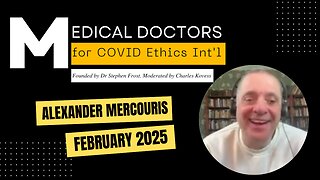 2:32:05
2:32:05
Charles Kovess
11 days ago $2.42 earnedAlexander Mercouris
8.79K12 -
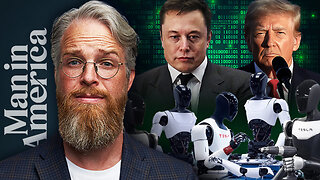 1:03:41
1:03:41
Man in America
12 hours agoAre Trump & Musk the COUNTER-ELITES? w/ Derrick Broze
43.6K24 -
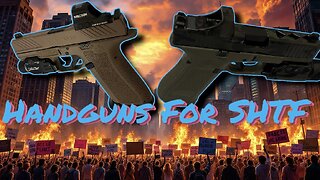 LIVE
LIVE
DLDAfterDark
3 hours ago $5.67 earnedDLD Live! SHTF Handguns! Which Would You Choose?
781 watching -
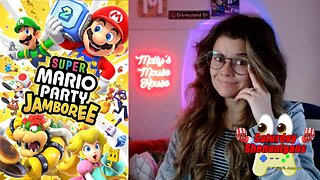 1:50:38
1:50:38
Mally_Mouse
6 hours agoSaturday Shenanigans!! - Let's Play: Mario Party Jamboree
36.2K -
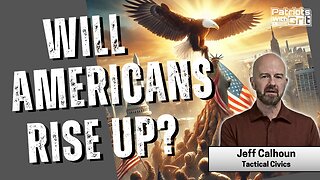 1:13:00
1:13:00
Patriots With Grit
10 hours agoWill Americans Rise Up? | Jeff Calhoun
29.1K10 -
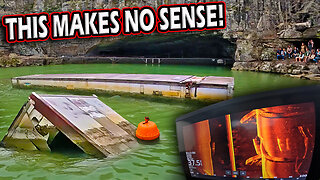 14:55
14:55
Exploring With Nug
10 hours ago $9.92 earnedWe Found Semi Truck Containers While Searching for Missing Man!
47.6K7 -
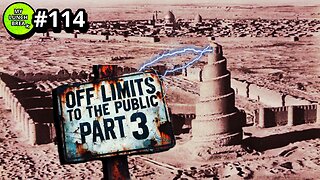 27:57
27:57
MYLUNCHBREAK CHANNEL PAGE
18 hours agoOff Limits to the Public - Pt 3
98K62 -
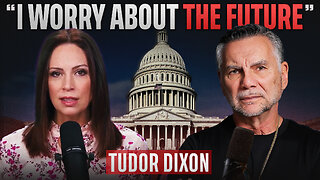 38:07
38:07
Michael Franzese
11 hours agoLeaving Organized Crime and Uncovering Mob in Politics: Tudor Dixon and Michael Franzese
85.5K15 -
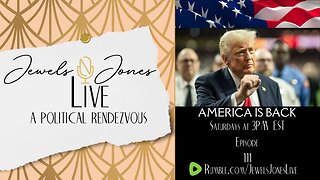 2:42:54
2:42:54
Jewels Jones Live ®
2 days agoAMERICA IS BACK | A Political Rendezvous - Ep. 111
69K46 -
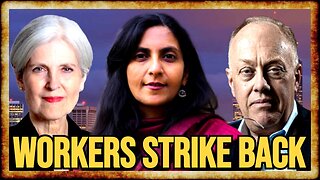 8:47:33
8:47:33
Due Dissidence
1 day agoLIVE: Workers Strike Back Conference ft. Chris Hedges, Jill Stein, Kshama Sawant, and More!
110K57